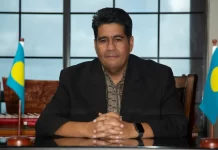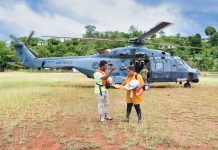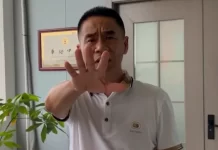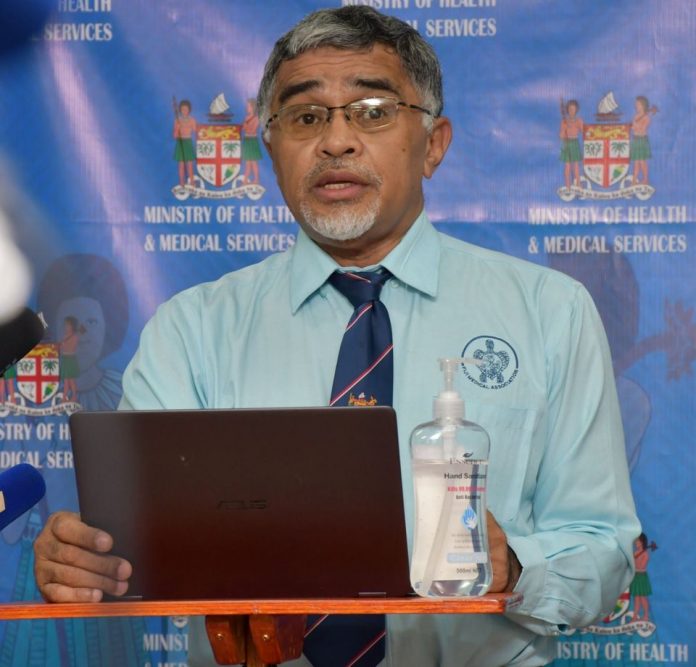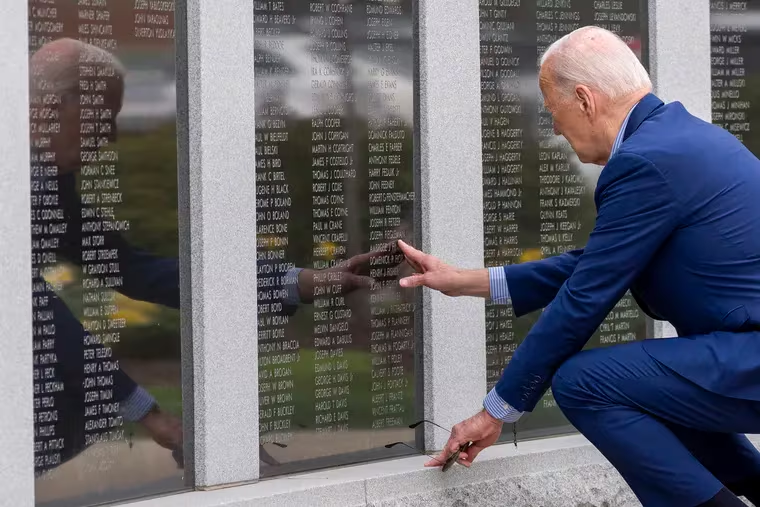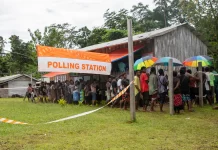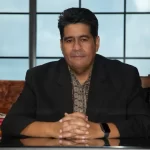Five police officers are among 39 new cases of Covid-19 in Fiji Thursday.
The government announced late last night that 32 of the latest cases are from existing clusters.
Another 11 cases were reported from the country’s main hospital in the capital Suva.
Health permanent secretary Dr James Fong said the ministry’s mitigation strategy is to isolate cases, treat seriously-ill patients and ensure the success of its vaccination rollout programme.
But he said they were concerned that Lami and the police barracks in Nasinu, both clusters outside Suva, may see increasing numbers of cases.
Teams are tracing and testing known contacts and are isolating positive patients to prevent further spread of the virus, Dr Fong said.
“In the near-term, we are concerned that Lami may see increasing numbers of cases.
“We also anticipate more cases from the cluster at the Police Barracks in Nasinu.
“Our stationary and mobile screening teams are tracing and testing known contacts and are isolating positive patients to prevent further spread of the virus,” said Dr Fong.
Acting Police Commissioner Rusiate Tudravu told local media the force had tried their best to prevent the spread of the virus amongst its officers.
Initially three officers from the Nasinu Police Station had tested positive for the virus and another 15 were swabbed earlier in the day.
Neither Tudravu nor Fong provided information on how the officers were infected.
“I’m not surprised because we are classified as high mobile risk because of our job, it requests us to be on the front line,” Tudravu said.
“Having said that, we have tried our best not to have anyone in the force to have the virus.
“We are there in the front-line and we are vulnerable to that.”
The infected police officers are on home isolation and monitored by the Ministry of Health and guarded by police officers, Tudravu added.
The other latest cases included six from Nawaka, Nadi; three from the warehouses of the Fiji Independent Commission Against Corruption-FICAC, two from the Republic of Fiji Military Forces Naval Division, two from Waila in Nausori, one from Naitasiri, one from Caubati outside Suva and another case from the Covid-19 Incident Management Team (IMT)at the Health Ministry’s headquarters in Suva.
The ministry is yet to determine the source of infection for seven other cases – four from Lami Town, one from Toorak a suburb adjacent to the central business district of Suva, one from Nasinu Town and one from Reservoir Road near the city.
Meanwhile, the government’s vaccination rollout programme continues with 228,030 people having already received at least one dose of the AstraZeneca vaccine.
50,000 doses of the vaccine arrived in the country from Australia this week.
“The vaccine administration in Nadi had been temporarily halted due to a case among the administration teams,” Dr Fong said.
“Relevant personnel have since been cleared and vaccine administration in Nadi has resumed.”
Seven patients had recovered and there were now 656 active cases in Fiji.
There have been 849 cases since this outbreak began two months ago and 919 cases since March 2020.
Health professionals in Fiji are losing their morale as they are facing challenges due to non-compliant Fijians.
Dr Fong said health officials are trying their level best to safeguard Fijians, however, breach of protocols such as social gathering puts added pressure on them.
He said officials are getting tired, however, the Ministry has put itself in a good space and has relooked at its containment and quarantine strategies.
“From the health care workers they are getting tired, some of them are beginning to get a little bit low on the morale as every time they thought they are getting ahead of it then somebody will shift the goal post again.”
Chief Medical Advisor, Dr Jemesa Tudravu said the Ministry is keeping a close watch and is making sure that their numbers are not severely compromised.
“Our team has been able to respond to the situation when a health facility is compromised or when a staff develops COVID-19 symptoms or is exposed.”
Head of Health Protection Doctor, Aalisha Sahukhan said frontline workers play a critical role in the war against the virus.
Dr Sahukhan said the frontline healthcare workers are swabbed twice a week because of the nature of the work they do.
SOURCE: RNZ PACIFIC/PACNEWS


